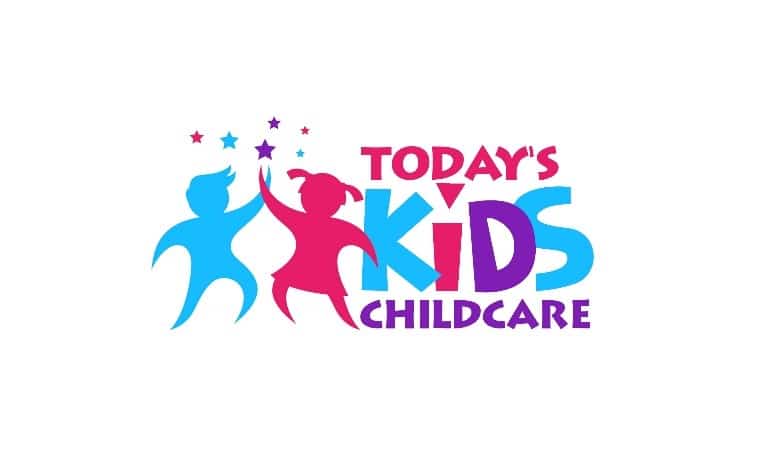Witnessing a child’s social development is like observing a captivating journey filled with discovery, connection, and self-awareness. From the early stages of infancy to the more complex interactions of preschool years, young children navigate through various milestones in their social development.
This blog post aims to unveil the typical steps of social development in young children, shedding light on the fascinating progression that shapes their relationships and understanding of the world.
Unveiling the Marvels of Social Development in Young Children: A Journey of Growth
Infancy (0-2 years): Building Trust and Attachment
In the earliest stage of life, infants develop their social skills through bonding with primary caregivers. Responding to a baby’s needs, establishing eye contact, and engaging in nurturing interactions lay the foundation for trust and emotional security.
The establishment of a secure attachment paves the way for healthy social relationships later in life.
Toddlerhood (2-3 years): Exploring Independence and Basic Social Skills
As toddlers start to explore the world around them, they develop basic social skills. Simple interactions like sharing toys, taking turns, and engaging in parallel play become more common.
Toddlers begin to express their desires and emotions verbally and non-verbally, learning to navigate the nuances of social cues.
Preschool Years (3-6 years): Forming Friendships and Developing Empathy
Preschool marks a crucial period for social development, as children transition from parallel play to more interactive and cooperative play. Friendships become increasingly important, and children start to grasp the concept of empathy—understanding and sharing the feelings of others.
Group activities, such as storytelling and imaginative play, foster social skills and communication.
Early School Years (6-8 years): Refining Social Skills and Understanding Social Rules

Peer relationships become central to their social world, influencing their self-esteem and sense of belonging.
Middle Childhood (8-12 years): Building Identity and Expanding Social Circles
As children enter middle childhood, they become more self-aware and begin to define their identity within social contexts. Friendships continue to evolve, and children start to form more lasting and complex relationships.
Social interests and activities become increasingly diverse, contributing to the development of a well-rounded social identity.
Adolescence (12-18 years): Exploring Independence and Identity
Adolescence marks a period of heightened social development as teenagers seek greater independence from their families. Peer relationships become even more influential, and adolescents navigate the challenges of forming deeper connections and understanding complex social dynamics.
The development of a strong sense of identity is a key focus during this stage.
Understanding the typical steps of social development in young children provides valuable insights for parents, caregivers, and educators. Recognizing and supporting these milestones allows for a more informed and nurturing approach, fostering healthy social relationships and laying the groundwork for positive interpersonal skills that will benefit children throughout their lives.
Embracing the journey of social development is not only a testament to the resilience and adaptability of young minds but also a celebration of the intricate tapestry of human connection.
